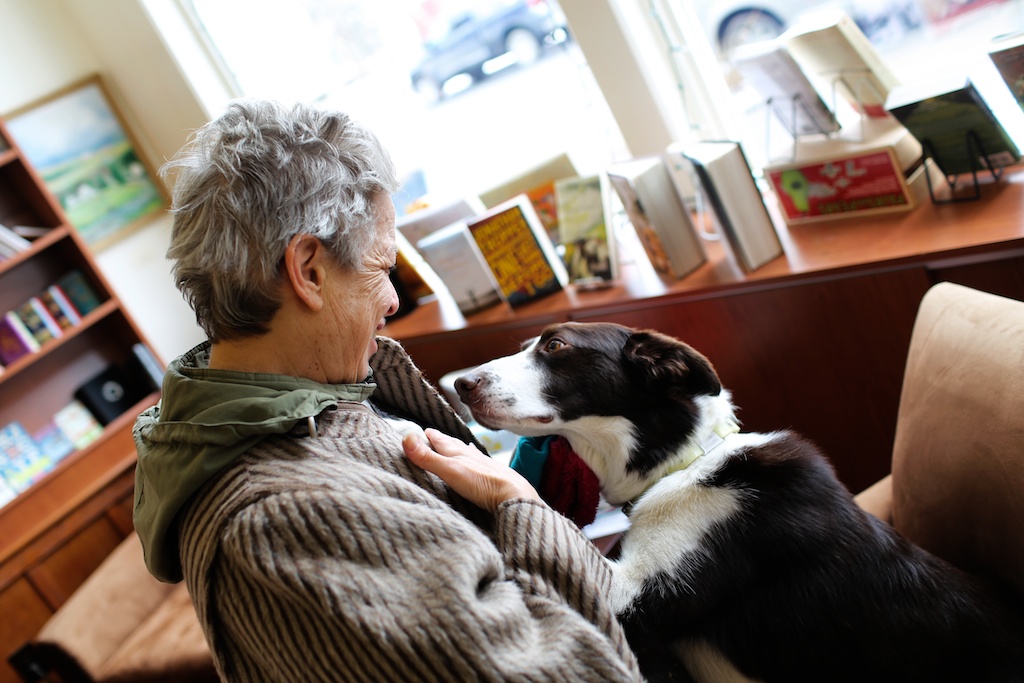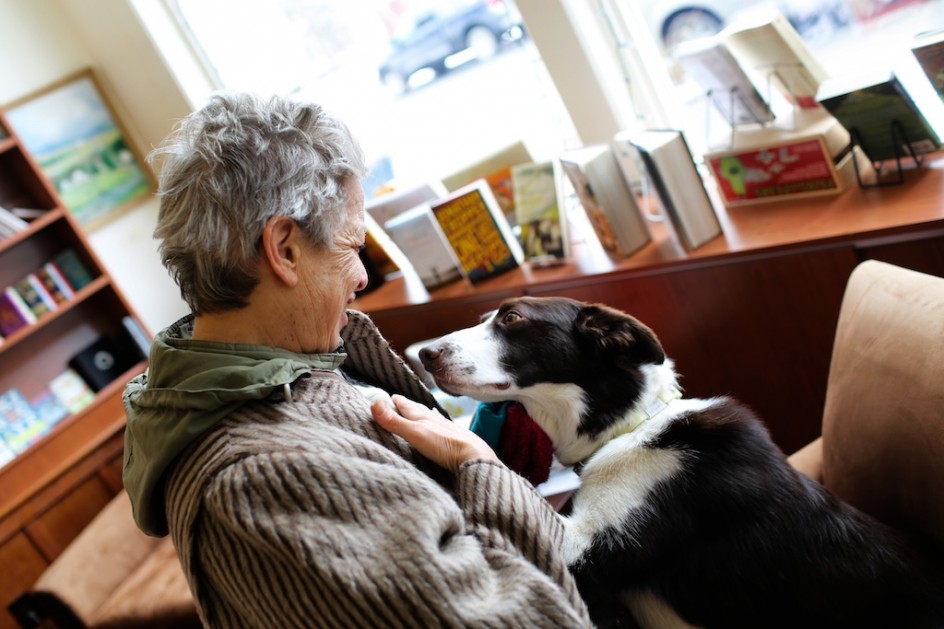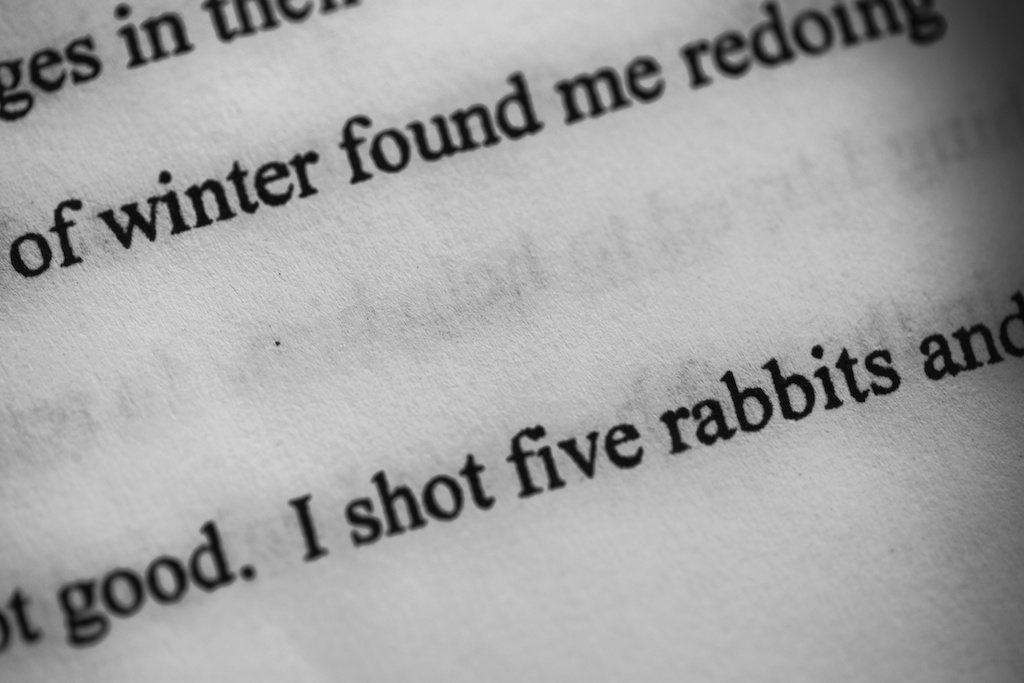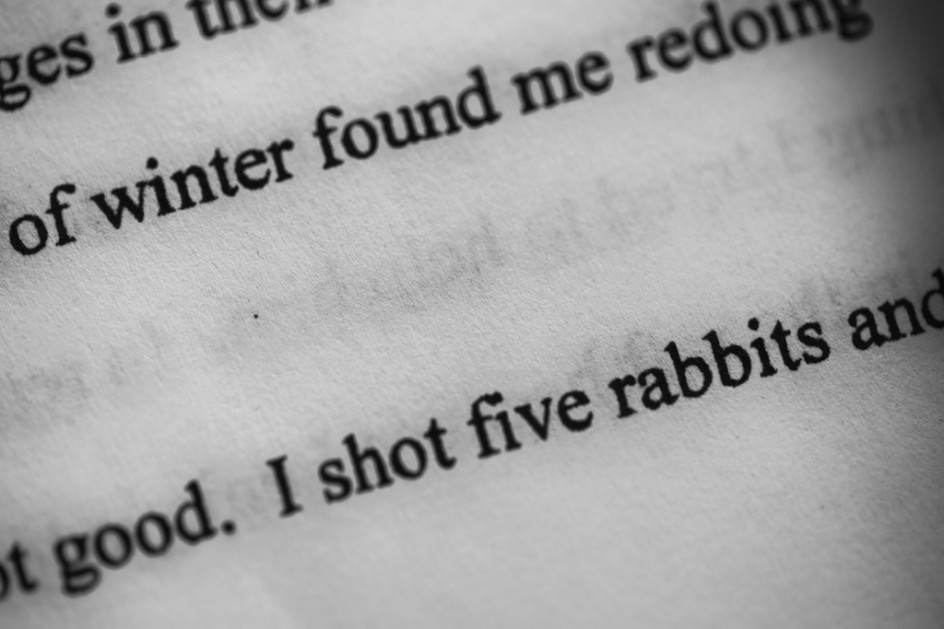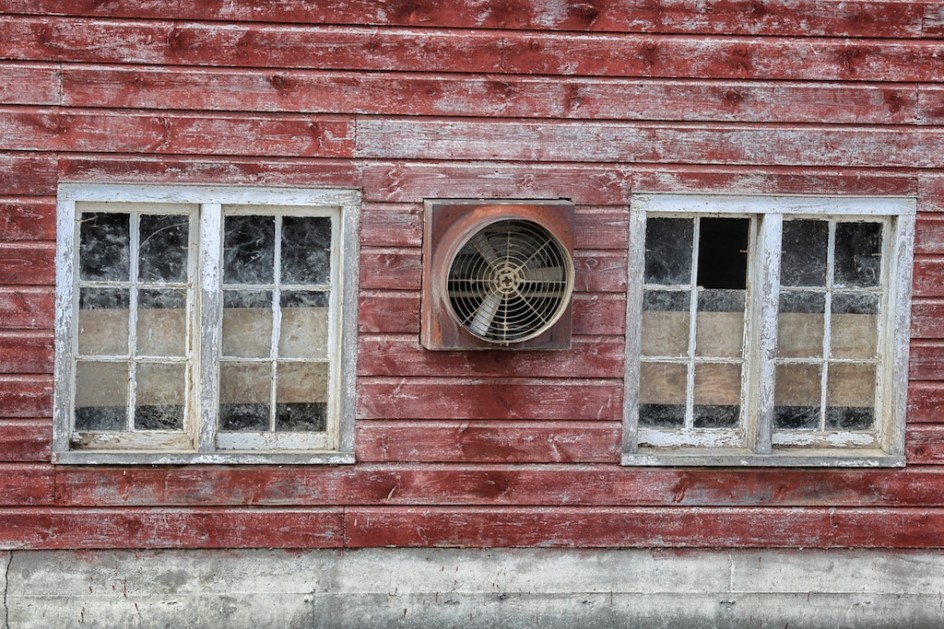
The sure sign of a dairy cow barn is the exhaust fan. No farmer would last long inside without one, especially in the summer.
My long weekend has shrunk down to a day, but mostly because of good and creative delays – Florence’s memoirs, working at the bookstore, publishing stuff. I’ll be back Monday, eager to wade into my Simon book again, continue sharing Florence Walrath’s “Memorable Memoirs,” and hopefully have some nice new photos. I’m bringing the big camera but only the 35 mm lens. Got to figure it out, spend some time messing with it.
My camera is great but nicked up and I worry about it having to go to shop or breaking down. I was looking through B & H Photo’s site for new cameras, and it struck me that I can’t afford a new camera right now, something that has never happened to me before. There, it felt good to say it. I have spent a lot of time in the last months and years considering what I can and can’t afford in my life, and to me, it is a considerable test of authenticity to come to terms with that issue. I have learned a big lesson. I can’t live a life I can’t pay for. I can’t have things I can’t afford. It just doesn’t work.
I think people who grew up with parents they are close to and listen to learn this, they know it. People like me – I was not close to either of my parents, although I know they loved me and did their best – do not learn some of these lessons until they teach themselves. I am studying. My father never taught me one thing about money I can recall, or much else, except that the Red Sox lose a lot of pennant races. He did talk about that quite a bit.
At Bedlam Farm, when divorce and the recession and the publishing dramas hit, I suddenly found myself living a life I could not afford, another thing that had never happened to me before. I was crazy enough to have a dozen different jobs in my life, smart enough to always get another one, write another book or article. Truth is, I could not afford the farm, three cows, two goats, thirty-five sheep, a tractor, stacks of round bale hay, vet bills, a half dozen chickens, two barn cats and four dogs. Plus a big farmhouse and four wonderful barns. I rationalized it for a good while. I was living my life, I was brave, I was on the hero journey, I was above and beyond the rules that govern every single person reading this. It gives me a headache just to think about it. It’s what alcoholics call magical thinking. I was addicted to delusion, one of the most powerful of drugs. I would find a way, write a book, cut a deal, have a brilliant inspiration. They call it grandiosity. When they make a movie about your life, it’s hard to be humble.
Many people cheered me on. My inbox filled with righteous message praising the determined and courageous person I represented myself to be. If TV crews came to my farm to interview, why would I need to worry about the cost of things. Good for me, the messages, keep going. What you put out there comes right back at you. Screw those businesses and banks, I was doing what I wanted. If the Internet sometimes sends nasty messages, it also sends a lot of praise. Sometimes one is not as real as the other. I drew the praise and support I needed, and confused it with reality. It was just as good as money for me, better, really, because you didn’t have to earn it. You have to be careful about praise.
But change kept coming, not mindful of the encouragement. The divorce was not simple or pleasant. The recession lingered. The price of a book dropped from $30 to $9. The publishing world as I knew it vanished. Facebook was more important than the New York Times Book Review. And my resultant crack-up and healing process was expensive, too. Even the spiritual path is not free.
This epiphany brought about remarkable period of change, a process still very much underway. A process I belatedly welcome. It is truthful. It feels better. I needed this to understand my life, to learn that I can’t have what I can afford. The cows went, the goats too, the tractor and the round bales, most of the sheep and eventually, Bedlam Farm itself went up for sale. If my father did not teach me much, my grandmother tried, and I wish I had listened to her more carefully. One day we were in a candy store and I picked up a bunch of tootsie rolls and took them to the register. They were $3, a lot of money for candy then, much more than I had.
My grandmother, a stocky peasant wife who spoke almost no English, just stared me. I looked up at her and she asked me if I had $3 and I said I didn’t. She took me by the hand and walked me away from the cash register and leaned over and whispered to me, this loving woman who fled Russia with the clothes on her back and spent 60 years in a three-room walk-up four flights up and never had a vacation or new coat in her life, “Johnny, let me tell you this. You can’t buy what you can’t afford. Do you understand me?” I nodded yes, and put the tootsie rolls back, but the truth is I didn’t understand, but I think I do now, a half-century or so later.
Leafing through the B & H Photo site is good for me. I look at it every day, sometimes two or three times. I look at the camera I want and think how good it will be to buy it when I have the money and can afford it.
Off to Vermont. See you tomorrow.


